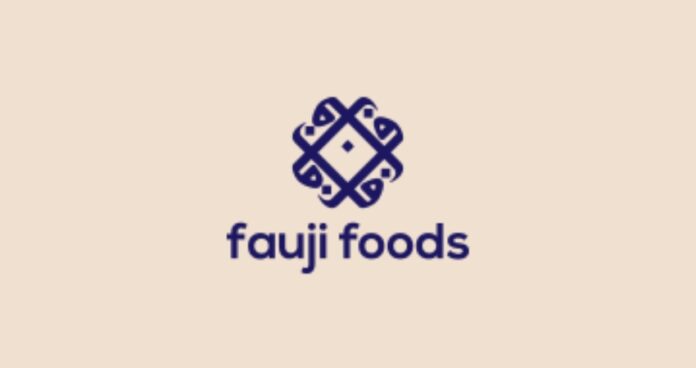Fauji Foods Limited (PSX: FFL) posted its highest-ever quarterly profit in Q1 2025, marking a significant turnaround in the company’s fortunes after years of losses and stagnation. Yet, despite these gains, investor sentiment remained muted as the stock fell Rs0.28 or 1.73% on Tuesday to close at Rs15.90.
The food and dairy processor reported a profit after tax of Rs335 million (EPS: Rs0.13) for the three-month period ended March 31, 2025 — a 224.5% increase over the Rs103 million (EPS: Rs0.04) it earned in the same period last year. The jump came on the back of strong revenue growth and improved operational margins, highlighting the continued impact of the company’s long-term strategy to scale operations while maintaining cost discipline.
Revenue for the quarter clocked in at Rs7.91 billion, up 44.94% year-on-year. Although the cost of revenue also rose by 48.16%, gross profit still grew 31.71% to Rs1.41 billion. According to market analysts, this reflects both improved demand for FFL’s core dairy offerings and better margin management across its product portfolio.
Administrative and marketing expenses rose by 25.27% and 31.5%, respectively — a sign of the company’s growing scale and market presence. However, a 76.63% decline in other expenses significantly lifted operating margins, while finance costs, though up nearly 50%, were offset by a 35.78% increase in operating profit and a 36.17% rise in other income.
Profit before tax surged to Rs540 million, up from Rs175 million — a 209.15% increase — despite a threefold rise in tax expenses to Rs180 million. The company’s management attributed the strong quarter to continued momentum from its turnaround efforts over the last few years.
FFL’s recent success caps off a broader story of corporate recovery. In 2018, the company was struggling under significant losses, poor brand perception, and inefficiencies across its value chain. However, following its the company has gradually managed to restructure its operations, a decade after its acquisition by the Fauji group.
According to long-term performance data, FFL’s earnings have grown at an average rate of 58% over the last five years, significantly outperforming the broader food sector. Revenues have also posted double-digit growth, averaging nearly 30% annually. This growth has translated into improving net margins and a stabilising balance sheet.
Yet, despite this operational progress and a historic quarter, investors seem hesitant. On Tuesday, the company’s share price dropped Rs0.28, closing at Rs15.90 — a 1.73% decline. Market participants suggest that the stock may already be priced for much of this growth or that investors remain cautious given broader macroeconomic uncertainties and the high cost of capital.
One analyst noted that “while FFL’s fundamentals are improving, it’s possible the market is waiting to see consistency in profits over multiple quarters before re-rating the stock.”
While the stock market remains cautious, the company’s turnaround appears increasingly durable — suggesting that FFL is no longer just a turnaround story but potentially a case study in patient restructuring and focused execution.




